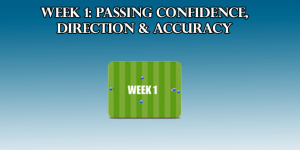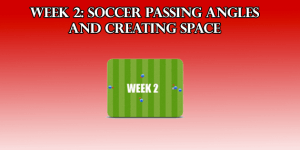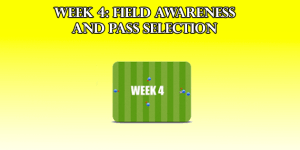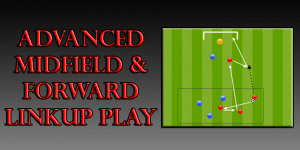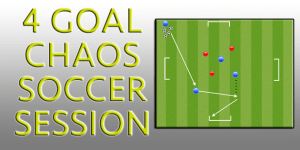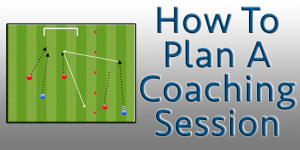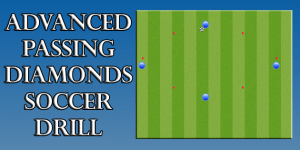Effective communication lies at the heart of any successful coach-athlete relationship. It is the conduit through which trust, understanding, and motivation flow. As a coach, your ability to communicate clearly, empathetically, and consistently can profoundly impact your athletes’ performance, growth, and overall well-being. In this article, we will explore the significance of mastering communication in building strong coach-athlete relationships and share valuable strategies to enhance this critical skill.
1. Establishing Open and Honest Dialogue
The foundation of any strong relationship is built on open and honest communication. As a coach, create an environment where athletes feel comfortable expressing their thoughts, concerns, and aspirations. Foster an atmosphere of trust, where athletes know their perspectives are valued, and their feedback is welcomed.
2. Active Listening
Listening is an art form that coaches must master. Actively listen to your athletes with genuine interest and attention. Show empathy, validate their feelings, and demonstrate that you understand their challenges. Active listening not only helps you understand your athletes better but also strengthens the bond between coach and athlete.
3. Tailoring Communication Styles
Every athlete is unique, with different personalities, learning styles, and communication preferences. Tailor your communication to suit each individual, ensuring your messages resonate with them personally. Some athletes may respond better to direct and assertive communication, while others may require a gentler approach. Flexibility in communication styles is key to building a rapport with diverse athletes.
4. Providing Constructive Feedback
Feedback is a vital aspect of coaching, but how it is delivered matters significantly. Frame feedback constructively, focusing on specific actions or behaviors that can be improved. Balance areas for improvement with recognition of an athlete’s strengths to maintain motivation and self-esteem.
5. Goal-Driven Communication
Align your communication with athletes’ goals. Whether it’s a short-term performance objective or a long-term career aspiration, ensure your coaching messages are consistent with their ambitions. Clearly communicate the steps required to achieve these goals, fostering motivation and commitment.
6. Communication Beyond Sports
Strong coach-athlete relationships extend beyond the playing field. Take an interest in your athletes’ lives outside of training and competitions. Show support for their academic pursuits, personal milestones, and challenges they may be facing. Demonstrating that you care about their overall well-being fosters a sense of connection and trust.
7. Non-Verbal Communication
Non-verbal cues can be just as impactful as verbal communication. Be mindful of your body language, facial expressions, and gestures, as they convey messages to your athletes. Maintain positive and approachable non-verbal cues to create a welcoming atmosphere.
8. Encouraging Two-Way Communication
Create a coaching environment where communication is a two-way street. Encourage athletes to ask questions, seek clarification, and offer their input on training plans and strategies. Emphasize that their voices are valued and contribute to their growth as athletes.
9. Communication during High-Pressure Situations
In moments of high-pressure or critical competition, effective communication becomes even more crucial. Train your athletes to communicate effectively with you and their teammates under pressure. Teach them techniques to stay focused, composed, and communicative during intense moments.
10. Celebrating Success and Learning from Setbacks
Acknowledge and celebrate your athletes’ achievements, both big and small. Recognize their hard work and dedication, as this boosts confidence and motivation. Similarly, when setbacks occur, use communication to provide support, reassurance, and a roadmap for improvement.
Mastering communication is the linchpin in building strong, effective, and enduring coach-athlete relationships. By establishing open dialogue, actively listening, and tailoring communication styles, coaches can connect deeply with their athletes and inspire them to reach their full potential. Constructive feedback, goal-driven communication, and caring about athletes beyond sports further enhance these connections. Remember, communication is a continual process of growth and refinement, and as coaches, our commitment to mastering this skill is vital in empowering our athletes to succeed on and off the field.




